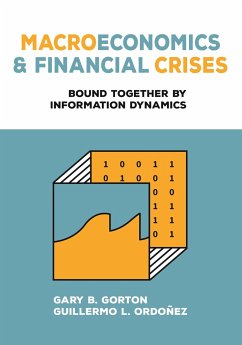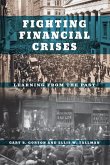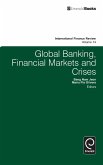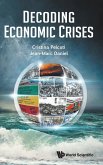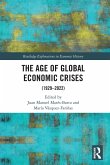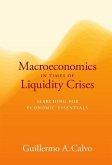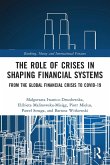"After the Great Depression John Maynard Keynes led the way in building a new macroeconomic framework to deal with that unprecedented economic reality. Ten years after our own crisis, however, macroeconomics has not come to terms with how to grapple with the idea of financial crises in its models. In the stylized world of macroeconomic theory, crises are not an inherent or structural element. Gary Gorton and Guillermo Ordonez, who were prominent experts to first authoritatively respond to the financial crisis of 2008 have since been working to understand what needs to change in macroeconomic models to incorporate and address financial crises. In this book Gorton and Ordonez provide an authoritative first step on how to rebuild macroeconomics in a way that can take into account financial crises, and they make a strong case that we need to rethink things at a fundamental level. In the book they bring together ten years of work on what needs to happen. Their two key ideas of what has missing are information and credit. More specifically, how information and credit interact, for example, when investors learn that certain types of debt aren't safe investments and we see bank runs. Gorton and Ordonez provide a way to model this interaction and a roadmap of how to incorporate it into a macroeconomic equilibrium"--
Hinweis: Dieser Artikel kann nur an eine deutsche Lieferadresse ausgeliefert werden.
Hinweis: Dieser Artikel kann nur an eine deutsche Lieferadresse ausgeliefert werden.

